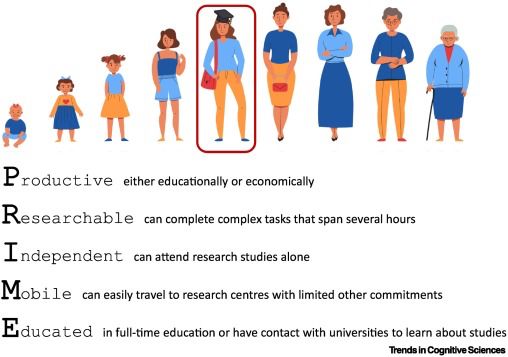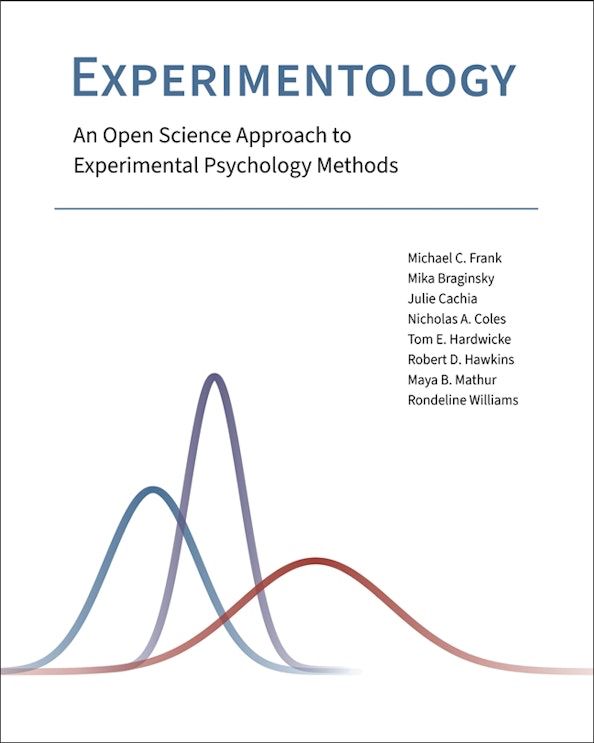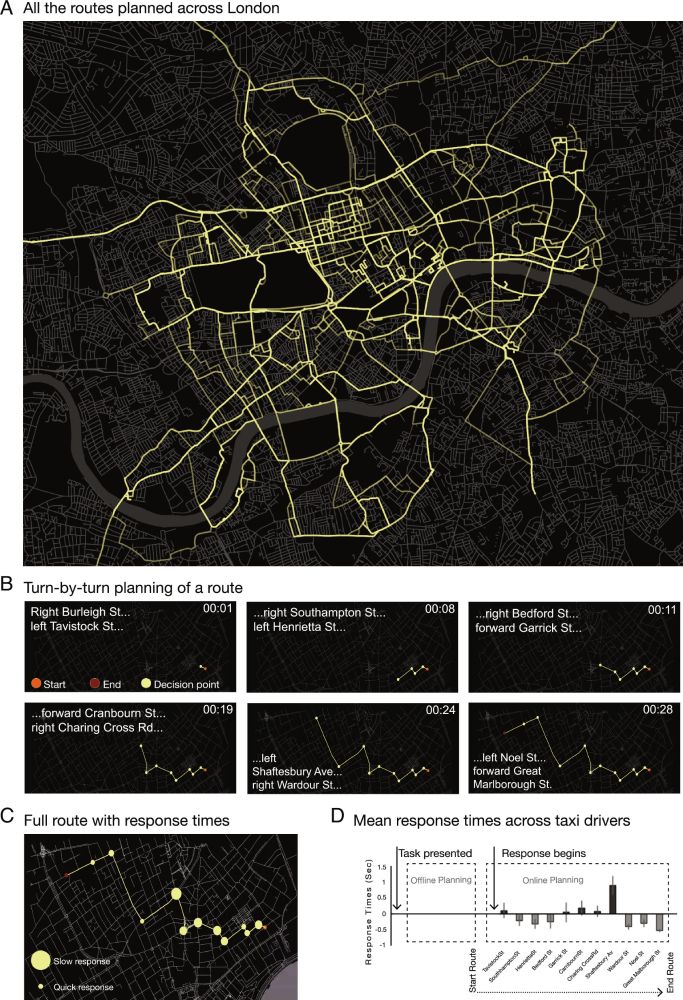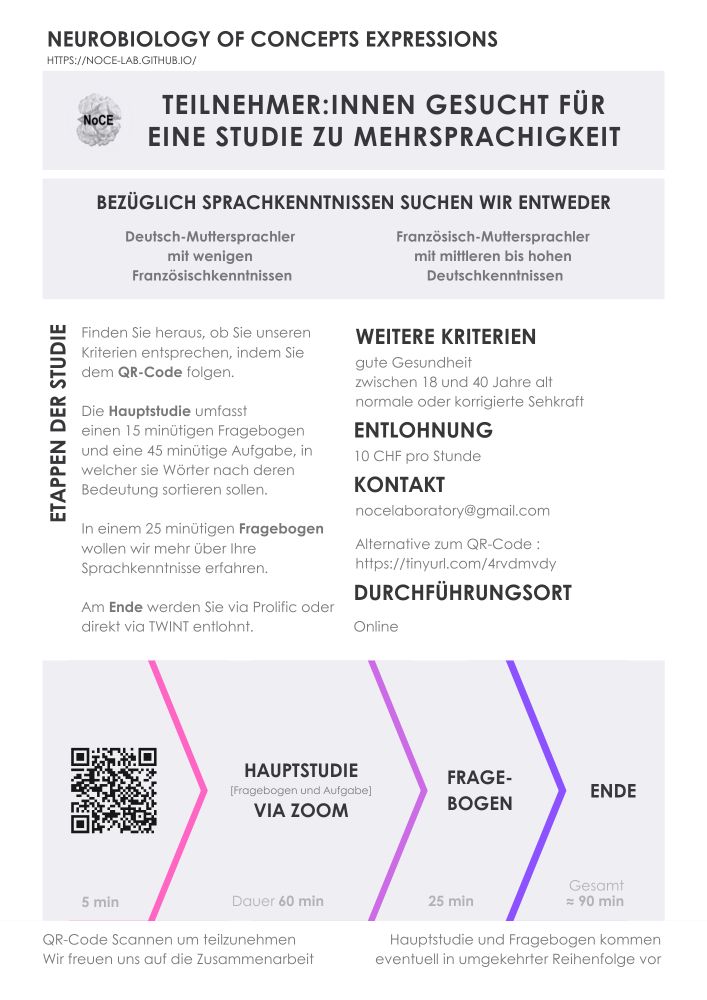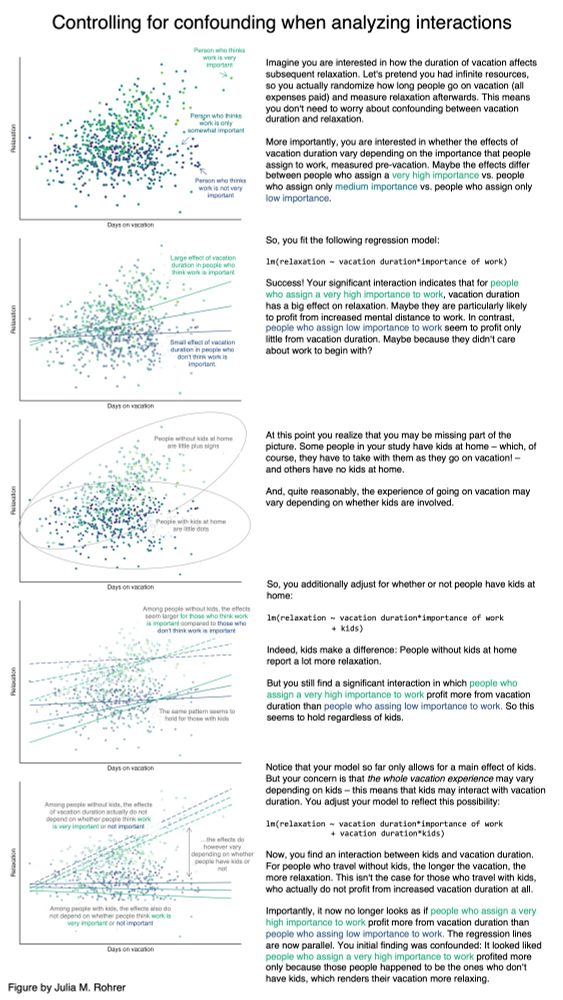Olga Kepinska
@olgakepinska.bsky.social
870 followers
1.1K following
32 posts
multilingualism, language acquisition & neurolinguistics. researcher @cnrs.fr @univ-amu.fr @ilcb.bsky.social; previously postdoc @brainlanglab.bsky.social @univie.ac.at, UCSF/UConn brainLENSlab, LUCL Leiden & LIBC Leiden. https://olgakepinska
Posts
Media
Videos
Starter Packs
Pinned
Olga Kepinska
@olgakepinska.bsky.social
· Jun 26
Reposted by Olga Kepinska
Olga Kepinska
@olgakepinska.bsky.social
· Jul 11
Reposted by Olga Kepinska
Reposted by Olga Kepinska
Reposted by Olga Kepinska
Damien Fair
@drdamienfair.bsky.social
· Jun 29
Reposted by Olga Kepinska
Dr Elsje van Bergen
@drelsje.bsky.social
· Jun 27
Reposted by Olga Kepinska
Caroline Rowland
@carorowland.bsky.social
· Jun 27
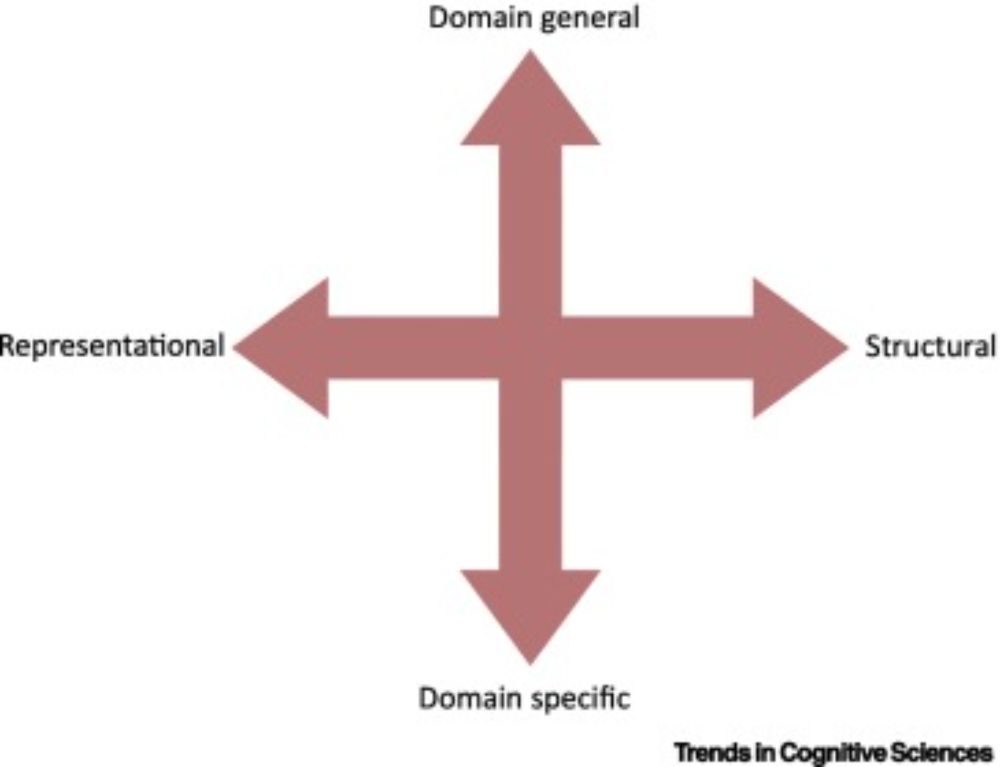
Constructing language: a framework for explaining acquisition
Explaining how children build a language system is a central goal of research in language
acquisition, with broad implications for language evolution, adult language processing,
and artificial intelli...
www.cell.com
Reposted by Olga Kepinska
Olga Kepinska
@olgakepinska.bsky.social
· Jun 26
Olga Kepinska
@olgakepinska.bsky.social
· Jun 26
Reposted by Olga Kepinska
Reposted by Olga Kepinska
Reposted by Olga Kepinska
Olga Kepinska
@olgakepinska.bsky.social
· May 16
Reposted by Olga Kepinska
Olga Kepinska
@olgakepinska.bsky.social
· May 11


